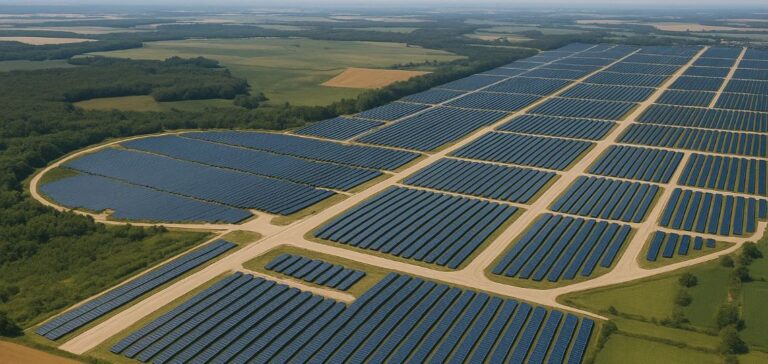The government of Ivory Coast has officially approved the concession agreement for the construction of a solar power plant in Katiola, located in the Hambol region in the north of the country. The project, validated during the Council of Ministers on May 21, 2025, represents an investment of CFA33bn ($60mn), fully funded by the private sector.
The concession was granted to Katiola Solar Power, a subsidiary of Swiss group JC Mont-Fort, for a duration of 25 years. According to the agreement signed in December 2024, the company is responsible for the design, financing, construction, operation and maintenance of the facility. Once operational, the plant is expected to produce 85,934 MWh of electricity annually.
A strategy backed by the private sector
This initiative is part of a broader portfolio of energy projects driven by private investors, within a policy aimed at diversifying a power mix still largely dependent on natural gas. Through the “Pacte National Énergie”, the Ivorian government aims to raise the share of renewables to 45% by 2030 and mobilise $2bn in private investment.
Ongoing projects include the FERKE SOLAR plant (52.42 MWc), developed by PFO Energies, with joint financing from the Emerging Africa Infrastructure Fund (EAAIF) and the West African Development Bank (BOAD). Construction of Bondoukou Solar (50 MW), led by AMEA Power under a Build-Own-Operate-Transfer (BOOT) model, began in February 2025 with support from the Dutch Development Bank (FMO) and the German Investment Corporation (DEG).
A sustained effort to boost capacity
Alongside solar development, Ivory Coast has also strengthened its hydropower capacity. The Gribo-Popoli dam (112 MW), co-financed by Eximbank China and the Ivorian state, was commissioned in May 2025. The project highlights the national strategy’s focus on complementarity between different energy sources.
According to Ivorian authorities, these projects respond to rising electricity demand driven by demographic growth and industrialisation. By attracting foreign capital through public-private partnerships, the country aims to ensure stable power production while reducing dependence on imported fossil fuels.
The Ministry of Mines, Petroleum and Energy stated that the ongoing infrastructure developments will secure national grid supply and boost export capacity to neighbouring countries within the Economic Community of West African States (ECOWAS).






















